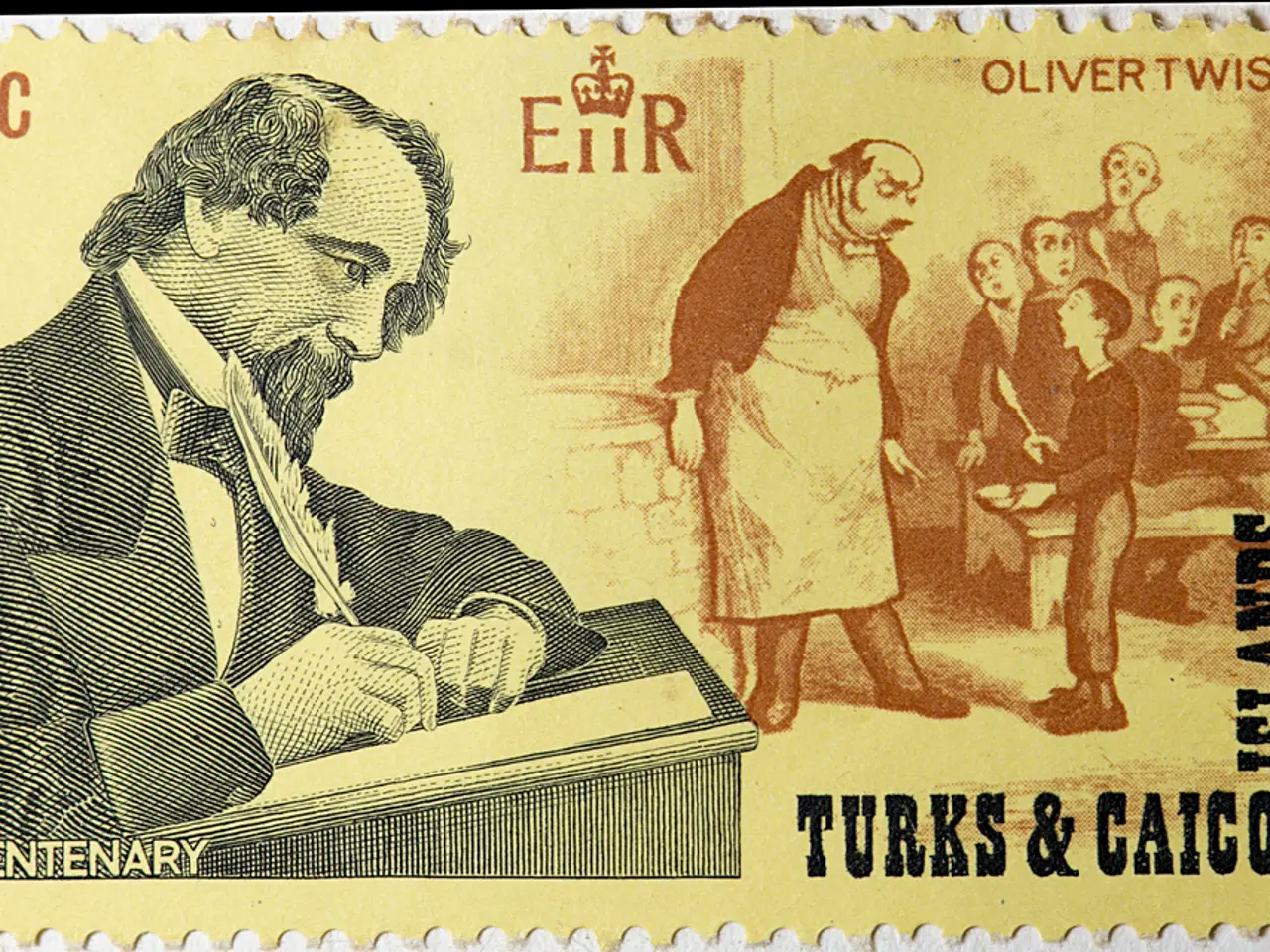Businesses in Vietnam will play a significant role in boosting the country's brand presence.
Vietnam's private sector has seen remarkable growth over the years, with the number of businesses receiving the Việt Nam Value title increasing significantly, from 30 in 2008 to 190 in 2024. This growth is a testament to Vietnam’s evolving economic environment focused on institutional trust, regulatory clarity, and private sector empowerment.
Key factors driving this success include institutional maturity and regulatory integrity. Vietnam has shifted from relying mainly on low labor costs to fostering a transparent, predictable regulatory framework that builds long-term institutional trust. This attracts sophisticated investors and supports businesses planning for sustainable growth.
The government’s push towards innovation-led and private-sector driven growth has also played a significant role. By reducing state bureaucracy, cutting red tape, and promoting private enterprises as economic engines, a "quiet revolution" has been unleashed, moving beyond a low-cost export hub to one driven by innovation and private sector leadership.
Supportive policies and reforms have been instrumental in this transformation. Resolutions like No.68 provide rational mechanisms for private sector development, enhancing access to resources, promoting innovation, and improving bankruptcy and business cycle management. Efforts to strengthen SME support – particularly through innovation and institutional resources – are critical to turning startups into strong economic groups.
Policies also encourage better coordination and linkages among private firms and between private, state-owned, and foreign-invested sectors, increasing competitiveness and market reach. Vietnam maintains robust economic growth despite global challenges by emphasizing institutional reforms, infrastructure development, and workforce upskilling, creating favorable conditions for private enterprises to thrive.
Leading Vietnamese private companies, such as Vinamilk, VinFast, Masan, Duy Tan, and TH True Milk, have benefited from these reforms. Vinamilk, for instance, ranks sixth among the world’s top ten most valuable dairy brands and second in global brand strength, according to Brand Finance rankings.
However, many Vietnamese brands struggle overseas due to weak intellectual property protection, irrational brand communication strategies, or intense competition from similar-tier products from China, Thailand, and the Republic of Korea. To counter this, the State should create mechanisms and policies encouraging private enterprises to apply scientific and technological advancements, embrace innovation, and adopt sustainable business models and cleaner production technologies.
Enterprises should also develop high-quality products that reflect Vietnam's unique strengths and a people-centered management model that fosters innovation. Private firms' proactive investment in technology, management, and brand building is key to positioning the value of Việt Nam’s goods and services.
Lastly, the State should continue to improve the investment and business environment for private firms to ensure sustained growth and success. The private sector's drastic engagement and persistent companionship are crucial to the success of the National Brand Programme, contributing VNĐ150 trillion to the state budget and generating revenue of up to VNĐ2.4 quadrillion ($91.7 billion). These enterprises also created jobs for over 600,000 workers.
In conclusion, the global success of leading Vietnamese private companies stems from a combination of regulatory and institutional reforms creating a trusted business environment, concerted efforts to empower and innovate within the private sector, and government strategies that encourage connectivity and sustainable development beyond traditional cost advantages.
- The growth in Vietnam's private sector, from 30 businesses receiving the Việt Nam Value title in 2008 to 190 in 2024, is linked to the country's focus on institutional trust, regulatory clarity, and private sector empowerment in its economic environment.
- The government's push towards an innovation-led and private-sector driven growth, along with reducing state bureaucracy and promoting private enterprises, has initiated a "quiet revolution," moving beyond a low-cost export hub to one driven by innovation and private sector leadership.
- Supportive policies like Resolution No.68 have been instrumental in this transformation by providing rational mechanisms for private sector development, enhancing access to resources, promoting innovation, and improving bankruptcy and business cycle management.
- Investment in technology, management, and brand building by private firms is essential to positioning the value of Vietnam's goods and services, as demonstrated by companies like Vinamilk, VinFast, Masan, Duy Tan, and TH True Milk.
- To combat challenges faced by many Vietnamese brands overseas, such as weak intellectual property protection, irrational brand communication strategies, or intense competition, the State should encourage private enterprises to adopt scientific and technological advancements, embrace innovation, and adopt sustainable business models and cleaner production technologies.
- To ensure sustained growth and success for the private sector, the State should continue to improve the investment and business environment, as the private sector's engagement and success have contributed significantly to the state budget, revenue generation, and job creation.




